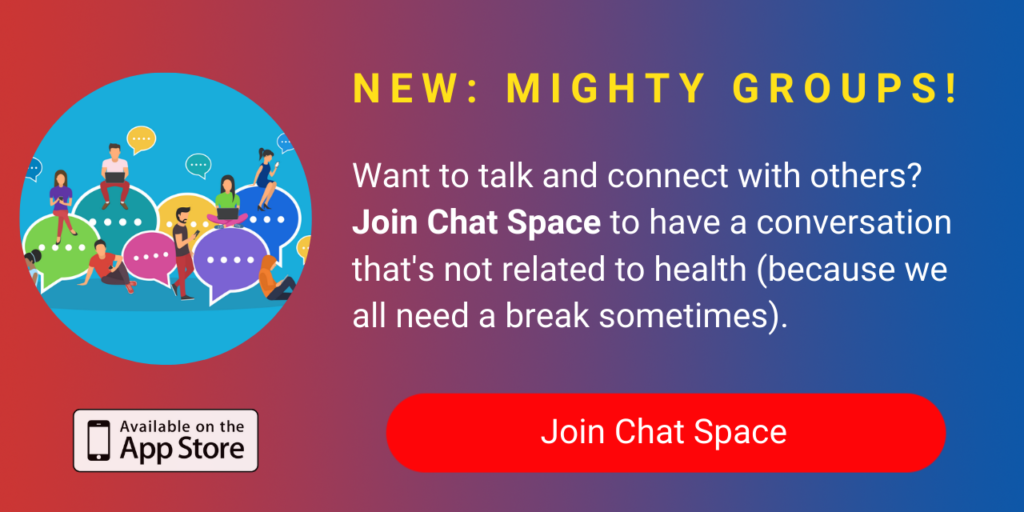Study Suggests Higher Domestic Violence Risk for People With Disabilities
Editor's Note
If you’ve experienced domestic violence, the following post could be potentially triggering. You can contact The National Domestic Violence Hotline online by selecting “chat now” or calling 1-800-799-7233.
What happened: A new study by ANROWS highlighted in Medical Xpress shows that women and children with disabilities are at a higher risk of domestic violence, and service providers often don’t have the tools or education to provide victims with the appropriate help and resources.
Interviews with women, children and workers in the sector showed that many skilled practitioners felt uncertain talking with clients about disability, and expressed a lack of confidence, knowledge and awareness in working with women and children with disability in the context of domestic and family violence.
The research recommended training and a framework to better offer support to people with disabilities by giving practitioners confidence in discussing disability. The report emphasizes that this requires a holistic approach.
More cohesive support services for women and children with disabilities who are at risk of domestic and family violence is needed to ensure families don’t slip through the gaps. #disability #women https://t.co/t3dlyrL9sq
— DisabilityInsider (@DisabilityInsdr) June 25, 2020
The Frontlines: Studies have shown time and time again that people with disabilities face a significantly higher risk of domestic violence and other types of abuse. The risk is especially higher for women.
- People with disabilities are victims of violent crime twice as often as people without disabilities
- Violence against people with disabilities can take “non-traditional” forms that make it harder to identify
- More than 80% of women with disabilities have been a victim of sexual assault
A Mighty Voice: The Mighty’s disability editor, Karin Willison, shared “Abuse can look different when it happens to people with disabilities. Our abusers may hit us, but often, they don’t have to. They have far more insidious tactics for coercive control and manipulation.” You can submit your first person story, too.
Get more on disability: Sign up for our weekly disability newsletter.
From Our Community:
Add your voice:
Other things to know: It’s important to include people with disabilities when developing resources for survivors of abuse. Hearing out the voices of people with disabilities can help develop a greater understanding of the unique risks and challenges they face and help build a larger support network.
- When I Stopped Blaming Myself as an Abuse Survivor With a Disability
- We Must Talk About Abuse of Children With Autism
- Why I’m Ending the Silence Around Domestic Violence and People With Disabilities
Where to find help: If you’re facing domestic violence or another form of abuse, having a safety plan can mean life or death. Here are some resources for staying safe:
Header image via Nick Owuor (astro.nic.visuals)/Unsplash


